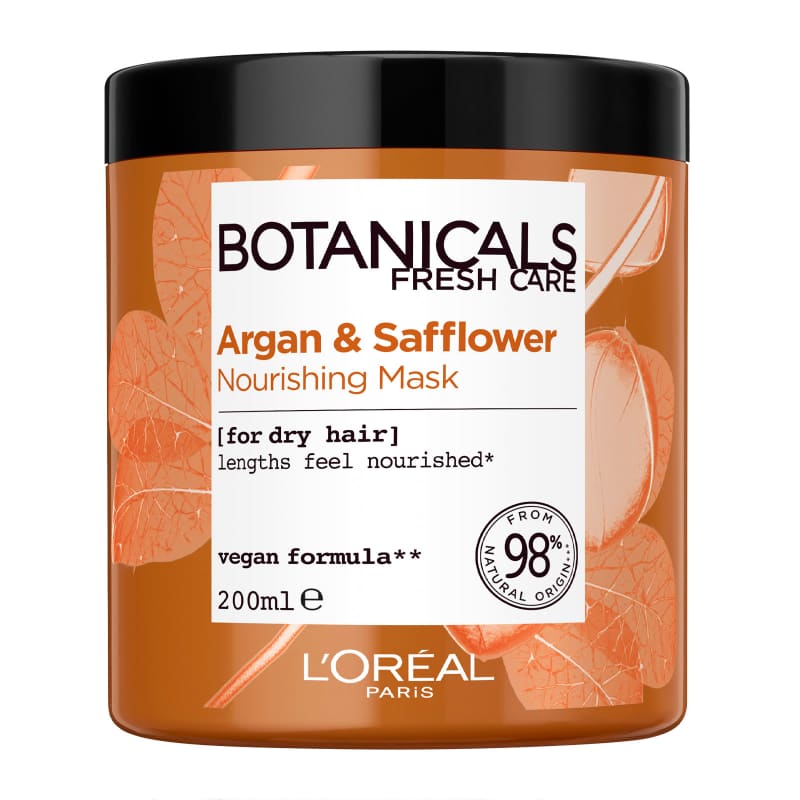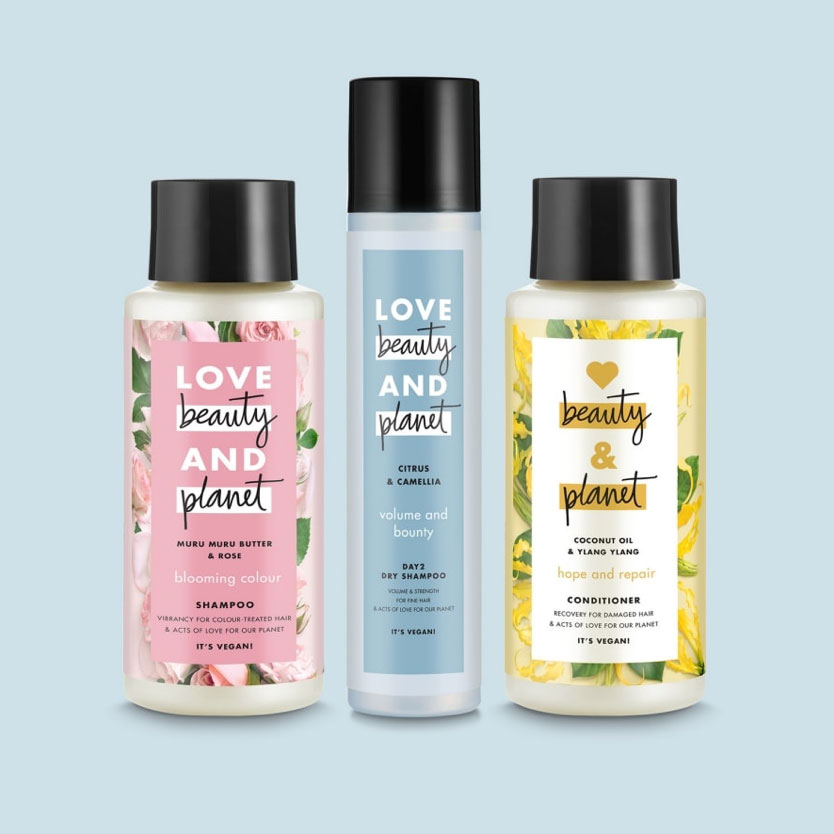Misleading Marketing from Garnier, L’Oreal and Unilever
For a while now I have seen new products coming onto the market, labelled as “green” and “vegan”. The fact of the matter is that these products are not vegan nor green and simply use trendy buzzwords as a ploy to sell more of their product. I’m sure there are more of these deceitful brands around but the three I am going to be focusing on today are Garnier, L’Oreal, and Unilever.
Garnier is NOT vegan
Garnier has been shamelessly plugging it’s vegan formulas for a while, claiming their new ranges will fit into “vegetarian and vegan lifestyles”. This is simply not true and here’s why…
What’s true and what’s nonsense?
✓ The product lines from Garnier that claim to be vegan do not contain any animal derived ingredients.
✗ They claim to use natural ingredients, but the website names only a couple of plant based ingredients for each product. This is shocking compared to good brands like Noughty, Kind Natured or Faith who use a minimum of 97% – 99% natural ingredients across their brands. The Garnier website makes it incredibly difficult to find the complete ingredient list, instead redirecting to contrived webpages of close-up pictures of plants.
✗ Garnier, as a sub company of L’Oreal, test on animals. For most of us, if a product is vegan, it means the product plays no part in the exploitation of animal welfare in anyway. If the product development process ends in the use of, maiming of, and killing of any animal then it is not vegan.
✗ Garnier have even taken to using a quasi-vegan approval logo to stamp all over their advertisements to further mislead consumers.

L’Oreal is NOT vegan
L’Oreal, aka the arch nemesis of Friendly and Free, isthe big parent company of Garnier. It is no wonder then that they too use the same shameless marketing. I have not been quiet before about my hatred of L’Oreal and I am not about to start now.
✓ The product lines from L’Oreal that claim to be vegan do not contain any animal derived ingredients.
✗ L’Oreal has taken to stamping their own “100% Vegan” logo all over the products that just happen to not contain any animal derived ingredients. It is very obvious to see that L’Oreal, for the most part, have not made a conscious decision to formulate their products as vegan friendly, it is just a marketing tactic.
✗ L’Oreal tests on animals and therefore it is so contrived and misleading to label anything they make as vegan. Even in 2019, L’Oreal are still claiming to be cruelty free!

Love Beauty and Planet is NOT vegan
Love Beauty and Planet is perhaps the most audacious brand on this list. The name itself is contrived without all the *balderdash* plastered over its bottles.
What’s true and what’s nonsense?
✓ The product lines from Love Beauty and Planet that claim to be vegan do not contain any animal derived ingredients.
✗ Love Beauty and Planet are manufactured by Unilever, a global company that has been testing on animals for decades and continues to do so. This is not outweighed by the fact Love Beauty and Planet’s bottle caps are recyclable.
✗ They do not, in fact, love beauty nor the planet, seeing as Unilever own numerous brands that do little by way of reducing carbon pollution such as Ben and Jerry’s, Magnum, Hellmann’s, and Bovril, to name but a few.
✗ Love Beauty and Planet was not a pre-existing company bought by Unilever, but it was devised by them to, what Fortune describes as, “attract millennials”.

What are the consequences?
- Many people are new to living a cruelty free lifestyle. It is unhelpful and damaging for these massive companies to mislead consumers who will take product descriptions at face value.
- They also take advantage of consumers who are trying to be more environmentally aware.
- These major companies overshadow smaller, genuine companies who do care about the welfare of animals and the environment, therefore monopolising the industry.
What can you do?
- If you are trying to be a cruelty free consumer, make sure you really look at a product before you consider purchasing it. Look at the back of the product to see who it is made by.
- Don’t be mislead by fake stamps. Companies like L’Oreal like to make their own approval logos to mislead the busy consumer. Familiarise yourself with the accountable logos so you don’t get tricked by the imposters. Always be aware as there is currently no legislation on the use of these fake logos.
- Support the brands who do as they say they do.



